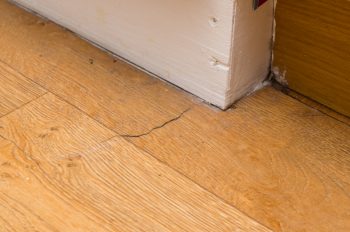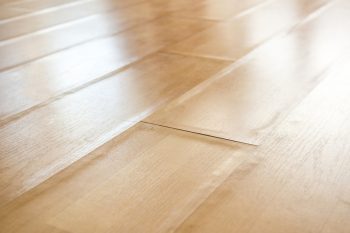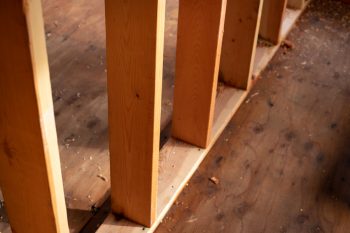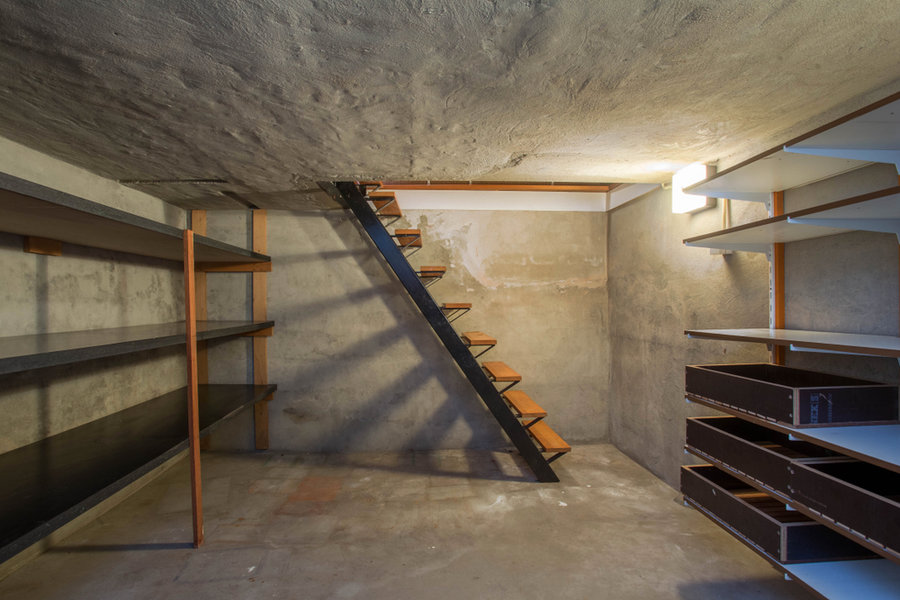
Closed and walkout basements are the two most common types used in a home, with their respective attributes that let the homeowner personalize or customize the indoor property according to their needs.
The main difference between a closed and a walk-out basement is:
- A closed basement provides access inside the main floor of the house through a staircase and a door.
- A walkout basement gives you an alternative exit and entry point.
A closed and walk-out basement offers specific benefits that differentiate them from each other. That’s why we have compiled this detailed guide to help you pick the best choice which stands to be optimal for your home.
Closed Basement
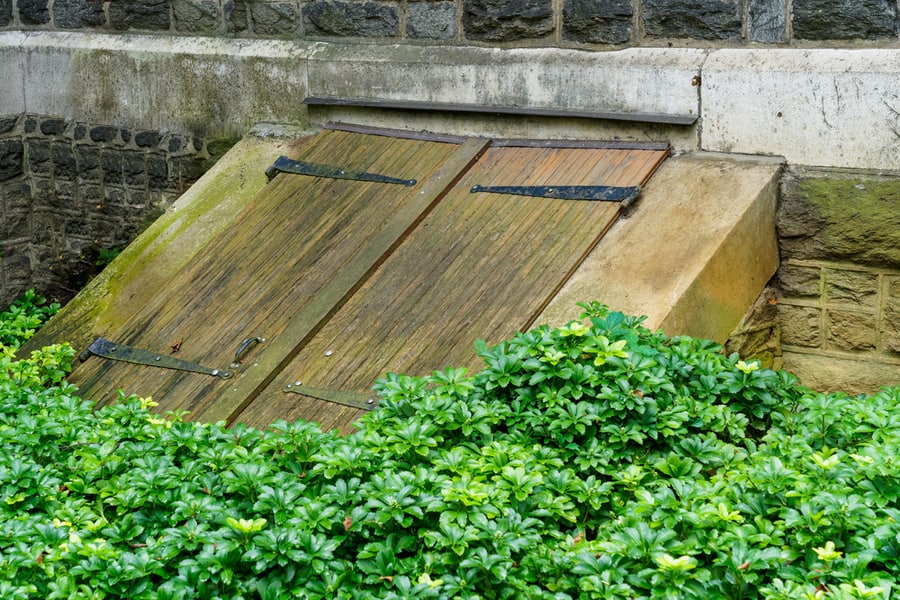
A closed basement is a very familiar sight in small or big houses. This type of basement has its foundation below the ground to create a passage into the house directly using a staircase.
A closed basement is often called a “Daylight Basement” if its walls emerge above the ground and have windows to let in the sunlight.
Here’s what a closed basement offers to homeowners:
1. Heat Control
Closed basements are excellent in controlling heat due to the walls insulating deep into the ground, which helps curb mercury. However, the basement will feel like an ice rink during winter until you arrange a proper heating system.
2. Security
There’s no extra entry or exit into the house, so the place feels safer and better. However, burglars often keep an eye on the easy passages, and such basements could destroy their evil plans.
3. Moisture Control
Although basements are culprits of attracting water, this type is terrific in controlling outdoor moisture better than others due to the sealed structure and no direct contact with the outside environment.
Walk-Out Basement
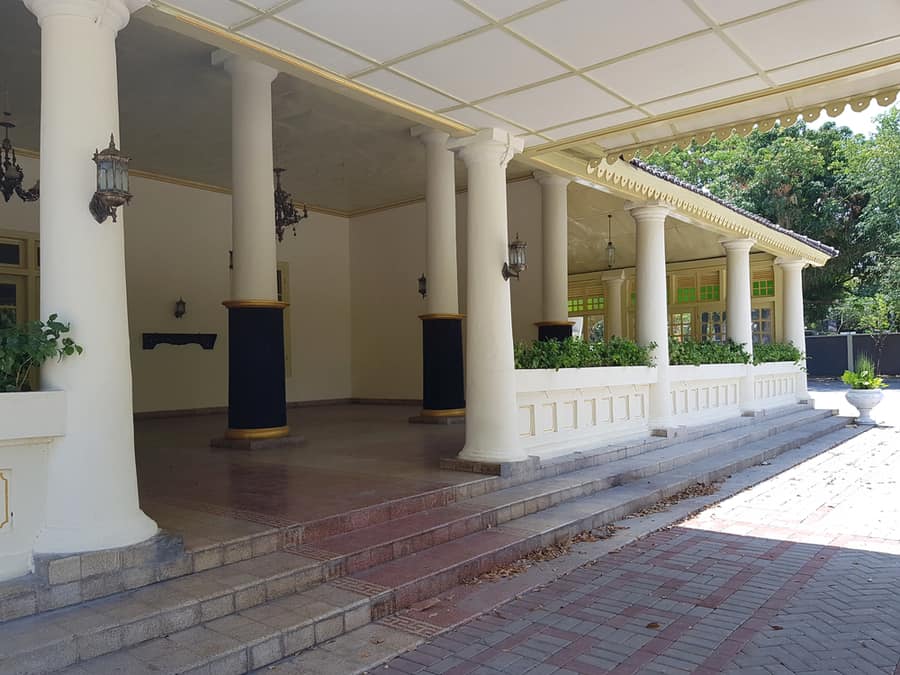
The concept of a walk-out basement provides an exterior entrance and exit independent of the main house, meaning that some of its walls will be above the ground.
A slope is mandatory to build a walk-out basement, which could be present naturally or constructed.
Here are a few attributes of a walkout basement:
1. Increased Natural Sun Light
Due to many windows and a door, sunlight is allowed into the basement, making the atmosphere feel fresh and wholesome.
The natural warmth of sunlight makes you energetic and improves your mood instantly.
2. Extra Earnings
With a walk-out basement, you can create an additional space to rent out and earn something extra. In addition, the option of dual entry points makes it easy for the tenant to live privately.
3. Emergency Entry & Exit
If God forbid, there’s a situation where you need to do an emergency entrance or exit; the walk-out basement can make a difference between life and death.
4. Proper Ventilation
The walk-out basements are better ventilation than closed basements, as air can circulate through the door and windows more freely.
If a house’s ventilation system is not up to par, there’s more likely to be diseases and a risk for people with asthma.
Wrap Up
In conclusion, we’ve made a detailed comparison between a closed basement and a walkout basement to help you make the best decision in choosing either of the options.
By reading our article, we hope you’re aware of the differences between both basements and have carefully understood your requirements to enhance the liveable space!
Frequently Asked Questions
What Are the Primary Requirements for a Walk-Out Basement?
The primary requirements for a walk-out basement include a natural or an artificial slope, a solid foundation to bear the burden, and a well-planned drainage system to prevent any water damage in case of light or heavy rainfall.
What Is the Difference Between a Finished Basement and an Unfinished Basement?
A finished basement turns your home into a valuable asset, making it a complete place to live in or transforming it into an office, library, or even a mini theatre. Also, such basements will be liable for tax.
In contrast, an unfinished basement looks ordinary to use as a storage area to set up in the future without paying additional taxes.
Is It Right To Live in a Basement?
Yes, living in a basement is safe and comfortable, provided all the essential things are available. Also, ensure safety measures are in check.
